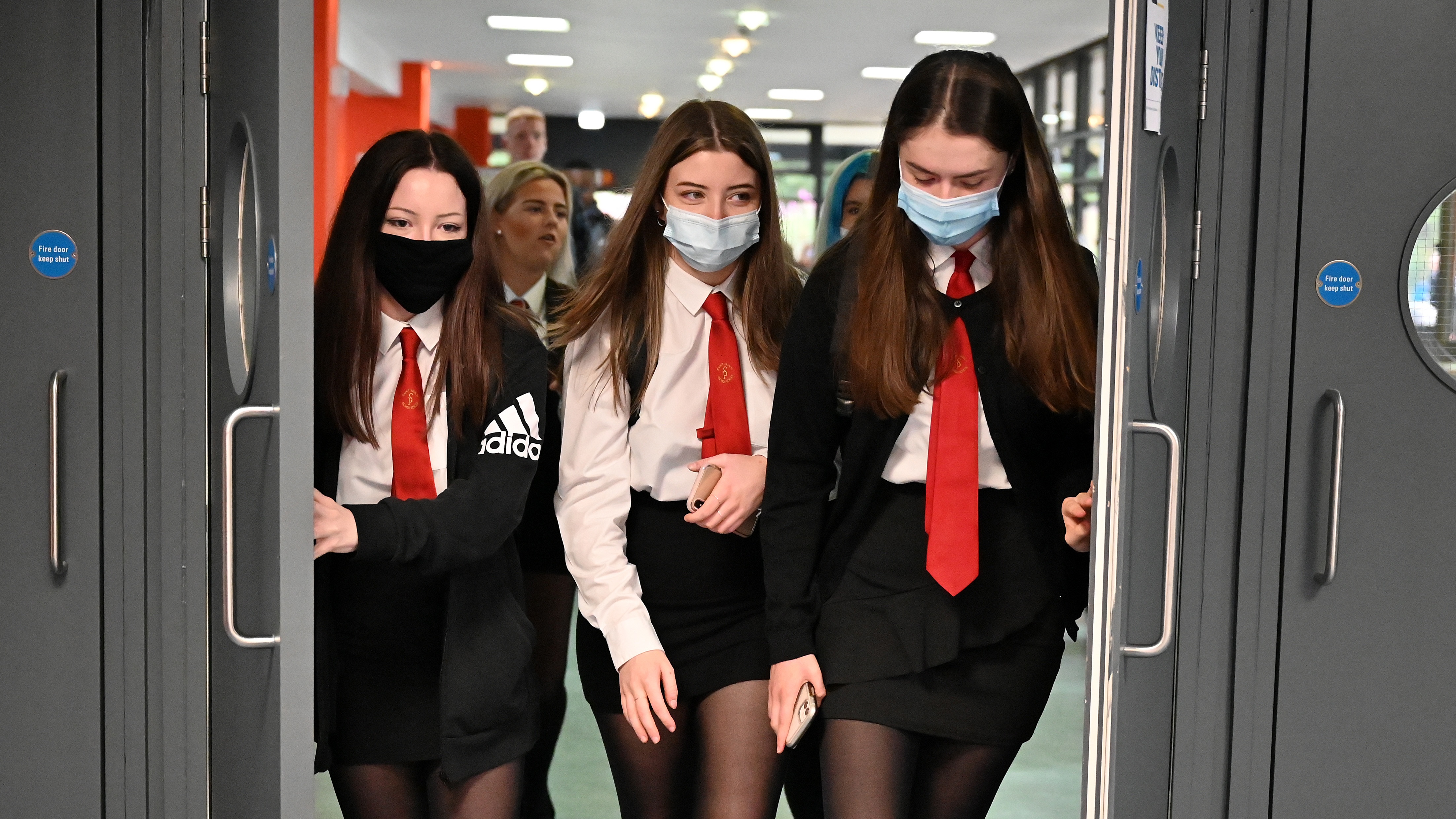Everything we know about whether schools will be ready to reopen
Teachers raise concern over introducing mass testing before students return

A free daily email with the biggest news stories of the day – and the best features from TheWeek.com
You are now subscribed
Your newsletter sign-up was successful
Anyone who remembers the A-level chaos of 2020 may be pleased by the news that grading this year will be done using a different approach. But plans to give teachers sweeping powers to hand out marks have led to another set of concerns among experts.
Grades this year will be decided by schools “using a combination of mock exams, coursework and essays” because of the disruption to learning caused by school closures, the BBC reports.
“Optional assessments set by exam boards for all subjects” will also be introduced, the broadcaster adds, “but they will not be taken in exam conditions nor decide final grades”. Results will also be published earlier in August to allow for student appeals.
The Week
Escape your echo chamber. Get the facts behind the news, plus analysis from multiple perspectives.

Sign up for The Week's Free Newsletters
From our morning news briefing to a weekly Good News Newsletter, get the best of The Week delivered directly to your inbox.
From our morning news briefing to a weekly Good News Newsletter, get the best of The Week delivered directly to your inbox.
The decision to put grading in the hands of schools comes after last year’s “debacle” when the plan to use an algorithm developed by Ofqual to award grades “was swiftly overturned after protests”, The Guardian says.
It follows a public consultation led by Ofqual that “received over 100,000 submissions, with more than half coming from students, reflecting huge interest in how A-levels and GCSEs would be awarded this year”, the paper adds.
Schools minister Nick Gibb told BBC Breakfast that the government has devised “the best system possible” to “ensure there is consistency and fairness in how teachers submit grades for their students”.
But the Education Policy Institute (EPI) think tank has warned that the plans risk “extremely high grade inflation”. As no national guidelines have been set, the only check on grade inflation will be at school level, with exam boards asked by Ofqual to police marks through random sampling.
A free daily email with the biggest news stories of the day – and the best features from TheWeek.com
In a statement, EPI chief executive Natalie Perera said: “There is a very high risk that we will see inconsistencies in the grades among different pupils and schools,” adding that “without timely and detailed guidance” schools could provide grades “of little value to colleges, universities, employers and young people themselves”.
Questioned about fears of grade inflation, Gibb said that the government will put in place “different checking mechanisms” to ensure “consistency”. He said the plan is to try to ensure “fairly awarded grades at a time when we don’t think it’s fair for [students] to sit the exams in the normal way”.
Joe Evans is the world news editor at TheWeek.co.uk. He joined the team in 2019 and held roles including deputy news editor and acting news editor before moving into his current position in early 2021. He is a regular panellist on The Week Unwrapped podcast, discussing politics and foreign affairs.
Before joining The Week, he worked as a freelance journalist covering the UK and Ireland for German newspapers and magazines. A series of features on Brexit and the Irish border got him nominated for the Hostwriter Prize in 2019. Prior to settling down in London, he lived and worked in Cambodia, where he ran communications for a non-governmental organisation and worked as a journalist covering Southeast Asia. He has a master’s degree in journalism from City, University of London, and before that studied English Literature at the University of Manchester.